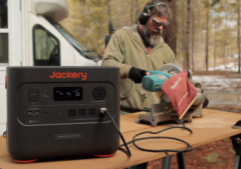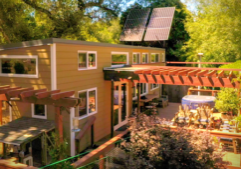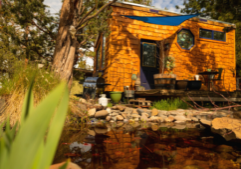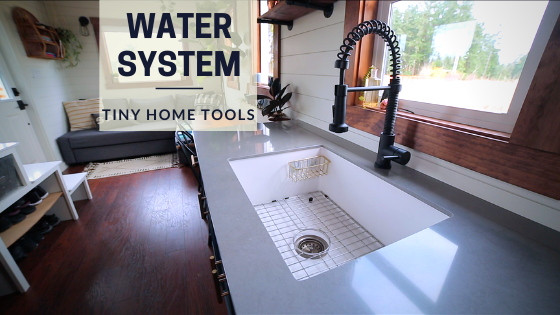
Water Conditioner vs. Water Softener: Which Is Better for Your Tiny House?
Enjoy healthy water and prevent minerals from clogging your tiny house plumbing. But what is the best tool to help you achieve this?
Let's explore tiny house options and a breakdown of the water conditioner vs. water softener.
The average American household uses around 300 gallons of water per day. Around 70% of this water usage occurs inside. With so much water use and consumption, it's vital that a household has water that's clean and safe for consumption.
If you're experiencing issues with water in your tiny house, it may be time to look into a water conditioner vs. water softener. Keep reading to learn more!
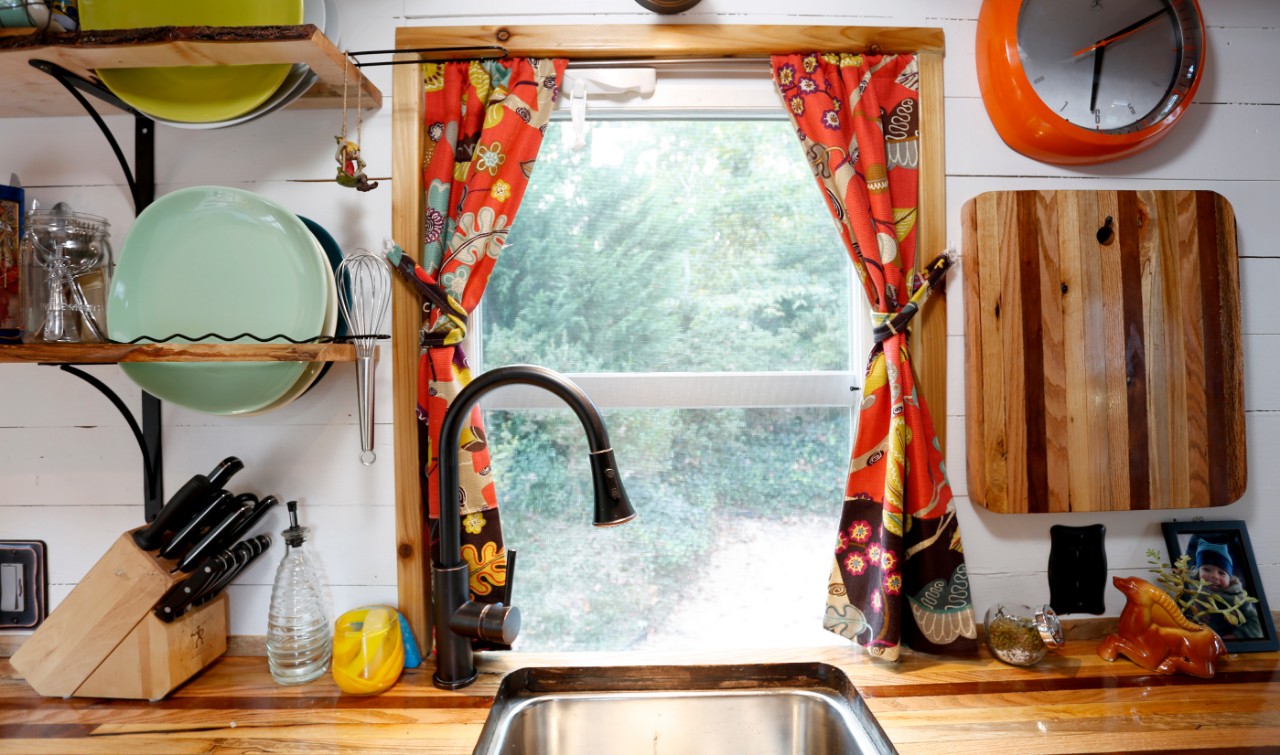
Water Conditioner vs. Water Softener
Whether you're using it to wash dishes, bathe, or drink, water is a part of everyone's daily life at home.
Unfortunately, this vital resource isn't clean on its own, so it needs to go through various stages before it's ready to be consumed or used. If you're living in a tiny house where you're getting your water from RV hook-ups or more natural sources, you may find that your water supply is too harsh. And simply intaking water from a potable
When talking about providing clean water to your home, two terms that are often brought into the conversation are water conditioning and water softening.
While used interchangeably at times, these terms are actually pretty different.
Difference Between Water Conditioner vs. Water Softener
While both of these processes impact water hardness, the way they do it is different.
Minerals such as calcium, silica ions, and magnesium can cause damage to your plumbing when they're excessive in your water. The process of softening water involves removing the vast majority of these minerals.
Minerals are removed by adding salt to the water. While most minerals are removed during the softening process, there are still some minerals left in the water.
This process helps prevent the minerals from clogging plumbing while softening the water so it can be used for drinking, laundry, and showering more comfortably.
While softening water removes most of the minerals, conditioning your water doesn't actually involve removing minerals. This innovative solution leaves the minerals in the water while manipulating the way they behave. So, the minerals aren't causing damage, but they're still present in the water!
It's good to keep these minerals in the water, as they are essential for the human body. Conduct some research for more information on specific water conditioners!
Another advantage that the best water conditioners have over water softeners is that they're regeneration-free. Not having to flush out accumulated hard water minerals and recharging the softening resin saves resources, most importantly water.
Similarities Between Water Softener vs. Water Conditioner
As we mentioned before, both of these methods make water cleaner for daily use.
While a certain level of minerals is vital for drinking, too many can cause issues to the pipes in your home. Also, hard water can turn white laundry yellow!
Many people take issue with the taste of hard water also, as it often has a metallic flavor.
How Will You Clean Your Water?
With how much we use water, it's important that our water supply is clean.
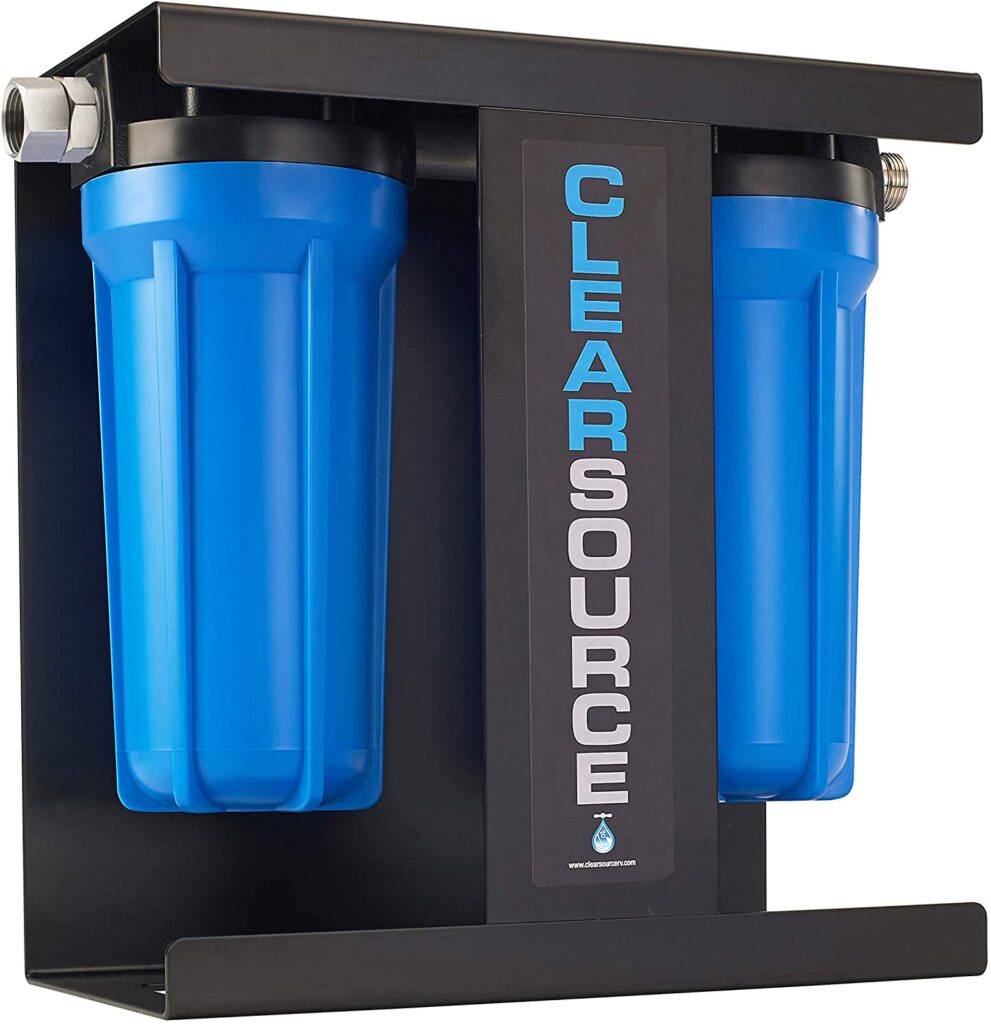 If your water isn't up to par, you may want to consider investing in water conditioning or water softening. While the outcome is very similar, the process is quite different.
If your water isn't up to par, you may want to consider investing in water conditioning or water softening. While the outcome is very similar, the process is quite different.
We recommend an easy-to-install option for tiny homes on wheels for many of the benefits listed above— an inline RV water filtration system.
There many available options that provide healthier, better-tasting drinking water by filtering out sediments, bacteria, chlorine, and more. Further, these kinds of filters can work in conjunction with a softener.
For tiny homes using well water, you need a higher-capacity option. Opt for a whole house filtration system with water softening or conditioning capabilities that can handle heavy metals.
If you found this article helpful, don't forget to check out our other articles about tiny house living!
Digital Magazine Dedicated to Tiny Home Living
Do you have more time at home? Enjoy some inspirational reading from Tiny House Magazine!
- Discover different types of tiny homes from liveaboard boats to Alaskan yurts, converted school buses, and more.
- Try recipes from a tiny house kitchen. Each month we feature a recipe from the Tiny House Foodie. Learn to make it work and still cook like a pro.
- Read excerpts from books on tiny houses, downsizing, and a host of other related topics.
- Each month brings new topics and new, exciting articles!






